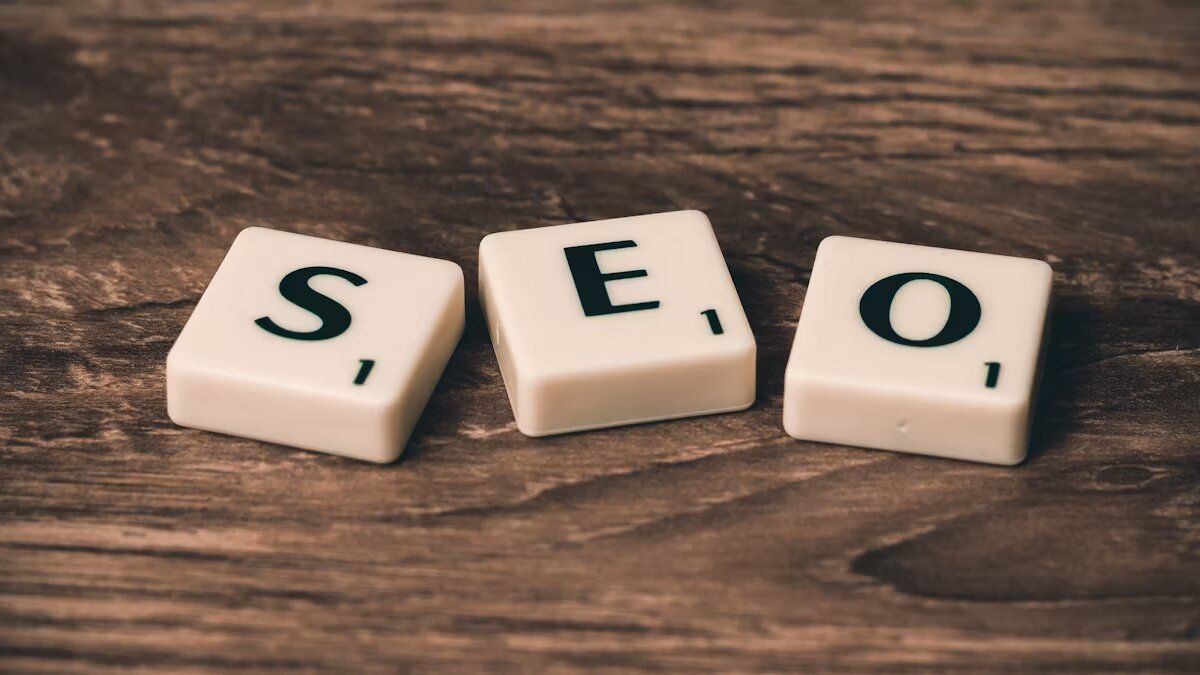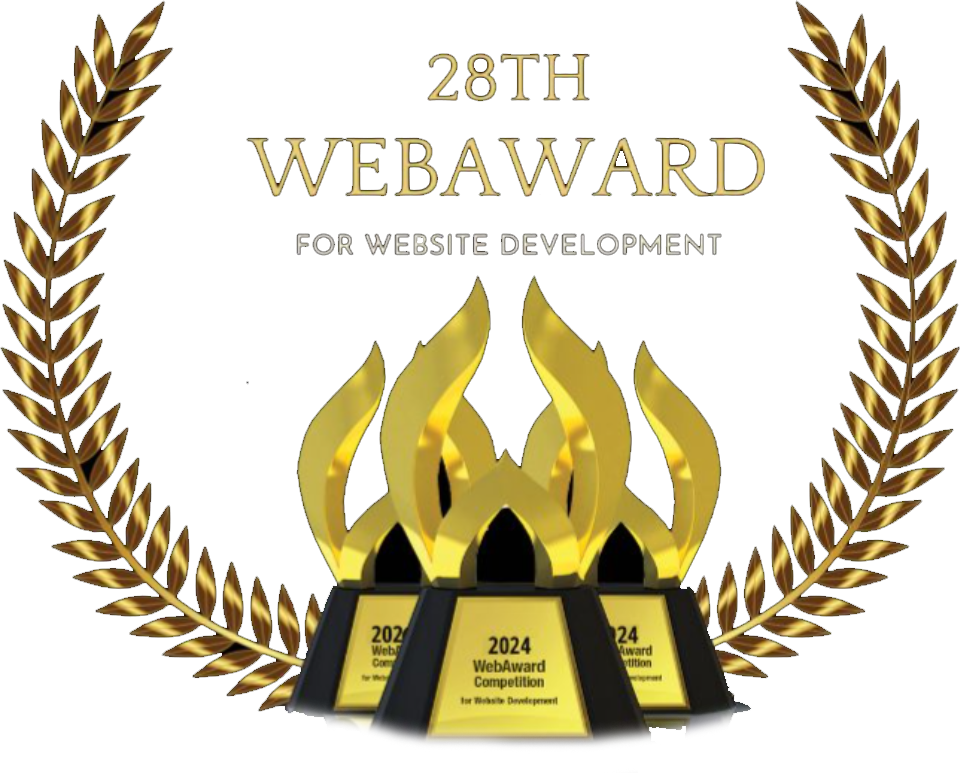Mastering SEO Slugs: Effective Strategies for SEO Marketing at Lingows Media
Mastering SEO Slugs: Effective Strategies for SEO Marketing at Lingows Media

An SEO slug is the part of a URL that comes after the domain name and is critical for SEO marketing. It helps search engines understand the page's content and improves the page's relevance to search queries. Proper creation of the correct slug is vital in boosting search engine visibility and getting organic traffic on your site. One of the essential parts of SEO marketing is an SEO slug. It is that part of a URL made to be customized in a way that clearly and concisely identifies information on a specific page. For example, in a URL of "example.com/mastering-seo-slugs," the slug would be "mastering-seo-slugs." This helps search engines get a clue about where they are going to navigate and enables users to have an idea of what would be on the page if they opened the link. With the knowledge of the mechanics and importance of SEO slugs, businesses can optimize their websites accordingly with the expectation of good search rankings and increased user engagement.
Significance of an SEO Slug in SEO Marketing
The SEO slug holds great importance in both search engine optimization and the user-friendliness of marketing. An effectively created slug can help in the following:
Enhancement of Search Rankings: The search engines can read slugs to grasp the subject of a page. This increases the importance of relevance or keyword-dense slug to your page while increasing the rankings of the SERPs. Better User Experience: Well-explained, clear slugs make page understanding more accessible for the user at first sight. This enhances click-through and brings down bounce rates. Slugs vs SEOs and Search Engines.
Websites like Google use over 200 factors to rank web pages, and URL structures are one of them. Title tags, meta descriptions, headings, etc., guide these factors toward bringing traffic to a website. An optimized slug will give the search engines clues as to the content on the page, helping them properly index and rank the page. For example, a page with the slug "best-coffee-shops" is likely to show up higher in search results than another using a generic or nonrelated slug when people search to find out where the best coffee shops are.
SEO Slugs and User Experience
From a user perspective, a relevant and readable slug can be a game-changer while browsing. People start believing and clicking on links that seem appropriate to their search queries. For instance, if a person were to look for SEO tips and found a URL with the slug "seo-tips-for-beginners," they would more likely click on that URL than on a cryptic or nondescript URL.
Better Search Visibility
An SEO-perfect slug helps to yield better search visibility for your website. It makes the indexing and ranking process by search engines much easier due to using targeted keywords and ensuring the slug is a fair representation of the content on a page. This will likely increase visibility on search engine results pages and possibly send more organic traffic directly to your site.
Keyword Usage
Keywords are critical players in slugs for SEO. The inclusion of primary keywords in the slug makes the page more relevant to specific searches. For example, if one is writing an article regarding "healthy-eating-tips," then the slug "healthy-eating-tips" is way better than a generic slug such as "article123." Having the keywords in your slug means that search engines can figure out what they are about.
Appropriate and Specific
A good SEO slug should be relevant and, above all, specific. It should be able to state what a page is talking about. This not only supports search engine ranking but also makes a user's decision process easy to understand if the page fulfills their search intent. For example, something like "digital-marketing-strategies-2024" is much more effective and applicable than a generic one like "marketing tips."
Better User Experience
User experience is a critical factor in SEO marketing. Readable, understandable slugs facilitate the users in immediately grasping the page's content. The clearness may result in significant engagement and minimal bounce rates, with more conversions. Remember, search engines often reward a good user experience with better rankings.
Clarity and Readability
A slug should be clear and readable. It should give users a quick understanding of what to expect from the page content. For example, a slug-like "ultimate-guide-to-seo" is far friendlier than "ug2seo." Readable slugs create trust among your users, and they're more likely to click on the link and stay for some time—good news for your SEO metrics.
Short and Sweet
While it is essential to include keywords and make the slug descriptive, it is equally important to keep it brief. Long slugs, however, will be clumsy and might get cut off in some search results. Find a balance of descriptiveness and conciseness. For instance, "how-to-improve-website-speed" is long enough to give some information on the topic of the page, but it is concise, and "tips-on-how-to-improve-the-speed-of-your-website-for-better-performance" is too long.
Best Practices for Creating SEO-Friendly Slugs
Be Relevant— Make sure your slug is relevant to what's on the actual page. Don't use generic terms, and try to focus on words that could describe the page's topic. This is relevant so search engines and users get a hint of what to expect inside the page.
Be judicious with keywords. Include major primary keywords in your slug so that it stands out for search engines and readers. Do not indulge in keyword stuffing, as it will harm your SEO. Instead, one best approach is to use a natural language that includes the main keyword.
Omit Stop Words Your slug should contain no stop words such as "and," "or," "but," or "the." You don't need to use them. Again, this isn't a matter of SEO but stopping your slug from growing overly long. Keep your slug as short as you can.
Always be consistent. Ensure that across your site, you maintain consistency with your slugs. A consistent slug helps you keep your site better organized and makes your site easier to navigate for both search engines and users. For instance, you can have an aligned slug structure like "blog/post-title" for a category blog post.
Use Hyphens Over Underscores
To separate words in your slug, use hyphens—not underscores. A search engine reads a slug more easily using hyphens since the interpretations of a search engine for a hyphen are usually one space away in between words. For example, "seo-tips-for-beginners," not "seo_tips_for_beginners."
Keep It in Lowercase Letters
Don't capitalize any letter of the slug. Mixed case letters can result in duplicated content problems for sites, and this is because web servers are generally case-sensitive. For example, "Best-SEO-Tips" and "best-SEO-tips" might be considered two different URLs, confusing both to search engines and users.
Keep it Simple: Never use complicated words or jargon as slugs. Keep the language simple so that a slug is easily understandable. For example, "easy recipes" are much friendlier than "culinary-concoctions."

How to Apply SEO Slugs in Your Business
To apply SEO slugs the right way in your business, simply do the following:
Keyword Research
Find related and valuable keywords for every page. Use Google Keyword Planner or other tools like Ahrefs and SEMrush to find the exact keywords that most people search pertaining to your business. More attention goes to keywords that are highly searched and have a relevant stance to what's on the page.
Create a short, keyword-dense slug for each page. Make sure that the slug represents the content of the page and contains the main keyword. Avoid unnecessary words and try to keep the slug as short as possible without losing meaning.
Adoption
Ensure the slug is implemented uniformly across your site. Keep the format and structure consistent for all slugs to ensure a professional and presentable look. Simply set up the slugs within the CMS you are using and make sure they render correctly in the URLs.
Monitoring and Adjusting: Monitor your page performance regularly and change slugs whenever necessary to maintain SEO effectiveness. Use tools like Google Analytics or Google Search Console to assess how well your pages are performing and whether there is an issue with the slugs. Make all necessary adjustments based on data, and continue to optimize your slugs.
Case Study: Implementing a Successful SEO Slug
The Challenge
One of our e-commerce clients was struggling with low organic traffic coupled with terrible search engine rankings. URLs had not been optimized; slugs were too long, irrelevant, or filled with stop words.
The Solution
We have researched keywords properly, and we changed the URL structures for proper slugs suitable for SEO. Each slug was short, had primary keywords, and adequately described the nature of the page. For instance, a product page had this vague, non-descript slug by default, replaced by a proper, descript, keyword-rich slug.
Organic Traffic to the client's site has improved by 40% after using the new slugs in the URL. The new URL structure had an excellent indexation effect, making the pages more accessible to search engines and making the site user-friendly. Simply put, there was improved click-through from search engines, better site engagement, and more sales.
Conclusion
Mastering SEO slugs is a crucial aspect of effective SEO marketing. By understanding the importance of SEO slugs, enhancing search visibility, and improving user experience, you can drive more organic traffic to your website. Implementing best practices for creating SEO-friendly slugs and applying them consistently across your business can significantly boost your search engine rankings and overall online presence.
At Lingows Media, we are committed to helping businesses achieve their SEO goals through the strategic and effective use of SEO slugs. By following these guidelines and continuously optimizing your slugs, you can stay ahead of the competition and ensure long-term success in your SEO marketing efforts.
SIGN UP TO OUR NEWSLETTER!
Get the latest news on Local SEO, Reputation Management Tips, Creative Content Updates, and much more.
SIGN UP TO OUR NEWSLETTER!
We will get back to you as soon as possible.
Please try again later.
All Rights Reserved | Designed by Lingows Media













